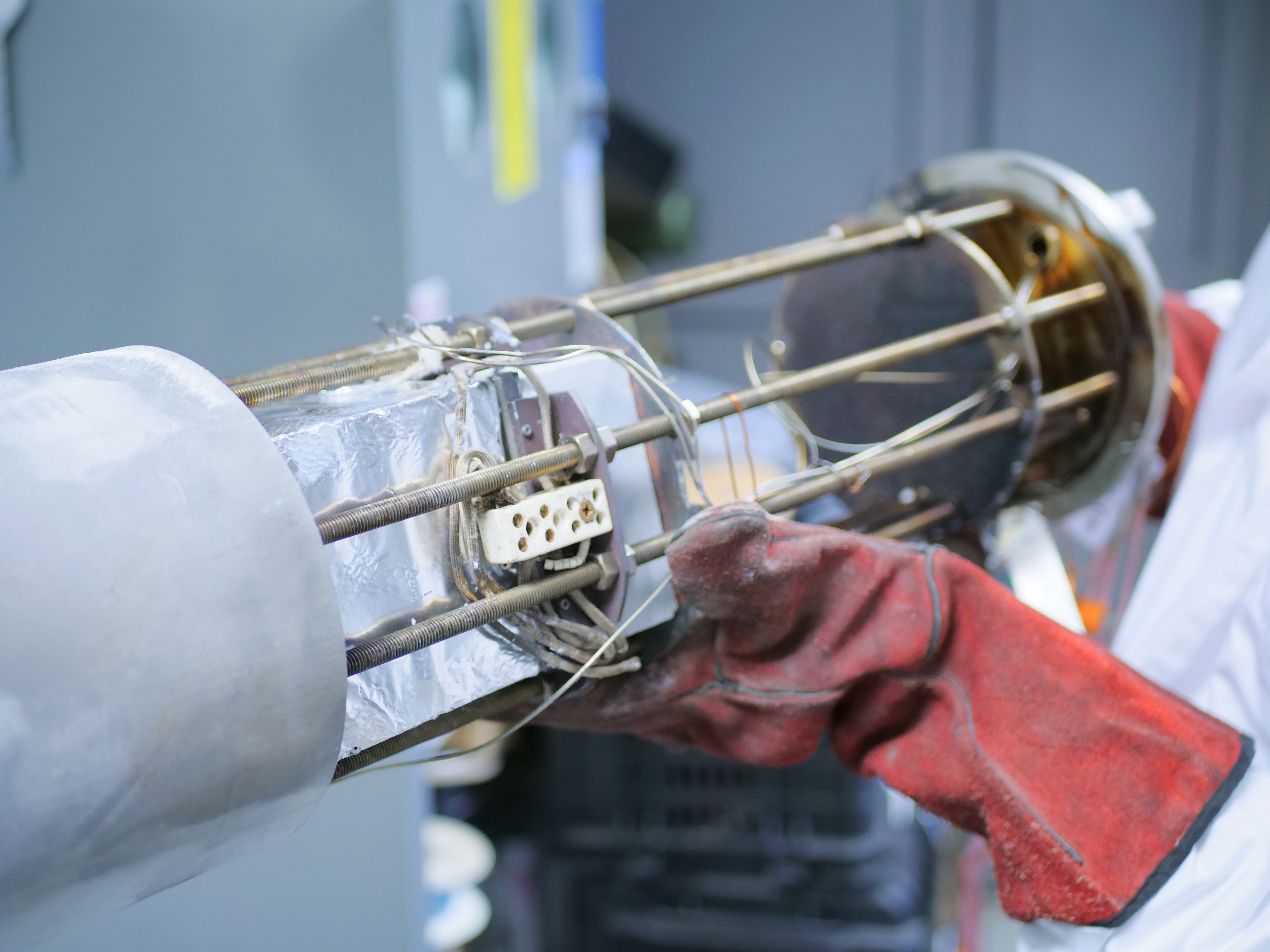Thermal effusivity is important in many industrial applications, including building construction, vehicle design, and cooling and heating system engineering.
In construction, good thermal effusivity properties can help regulate interior temperature, allowing the building to retain heat at night and reject excess heat during the day. In addition, effusivity is also important in the design of materials and structures resistant to earthquakes and storms, as it can help reduce the effects of temperature fluctuations.
In transportation, thermal effusivity is also vital for electric cars, where batteries can overheat if not properly cooled. A material with good effusivity can help dissipate heat effectively, avoiding dangerous overheating.
Although often overlooked, thermal effusivity is an important property that can be used to improve the efficiency and safety of many industrial applications. Engineers and designers should consider this property when choosing materials and designing structures for long-term use.
Calculation of thermal effusivity: Thermal effusivity is calculated using the following equation:

k represents the thermal conductivity of the material, ρ is its density, and c is its specific heat capacity.
THEMACS Ingénierie supports you for this type of measurement.

